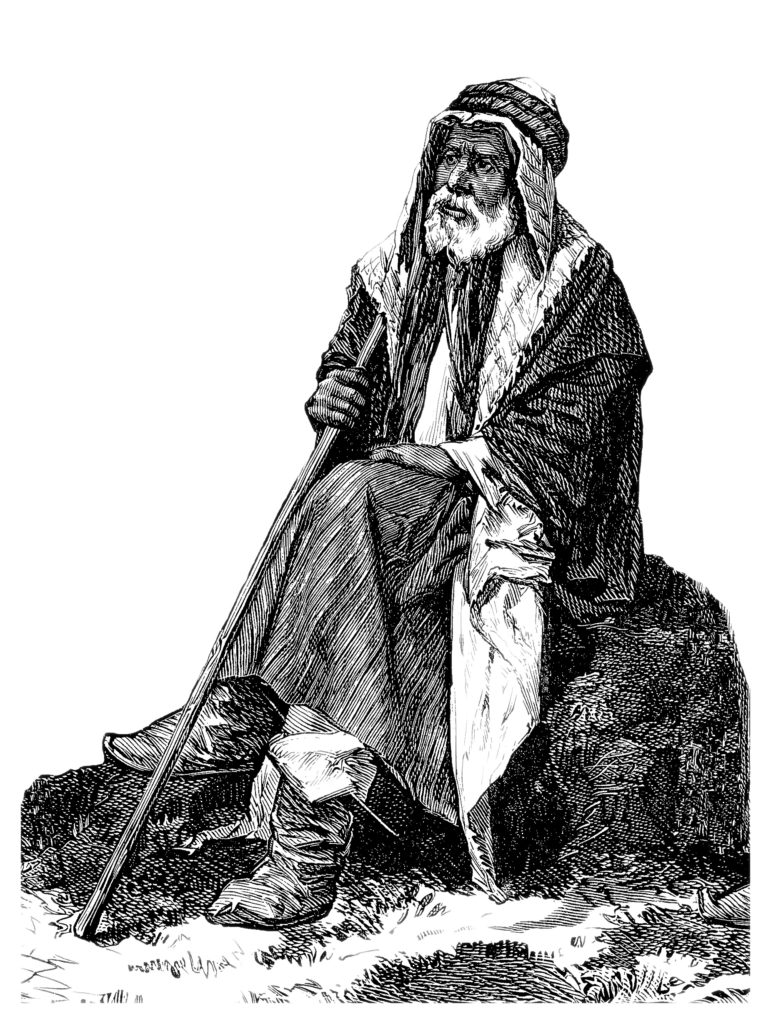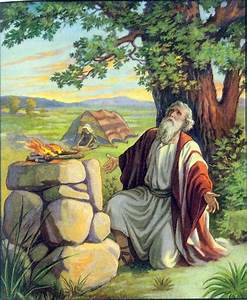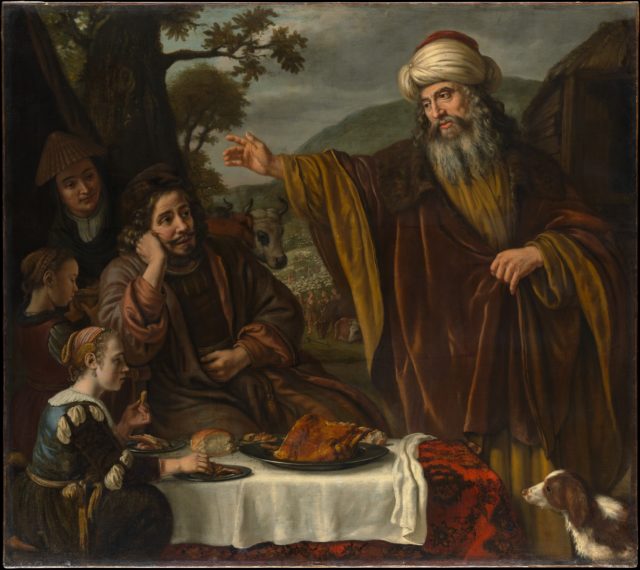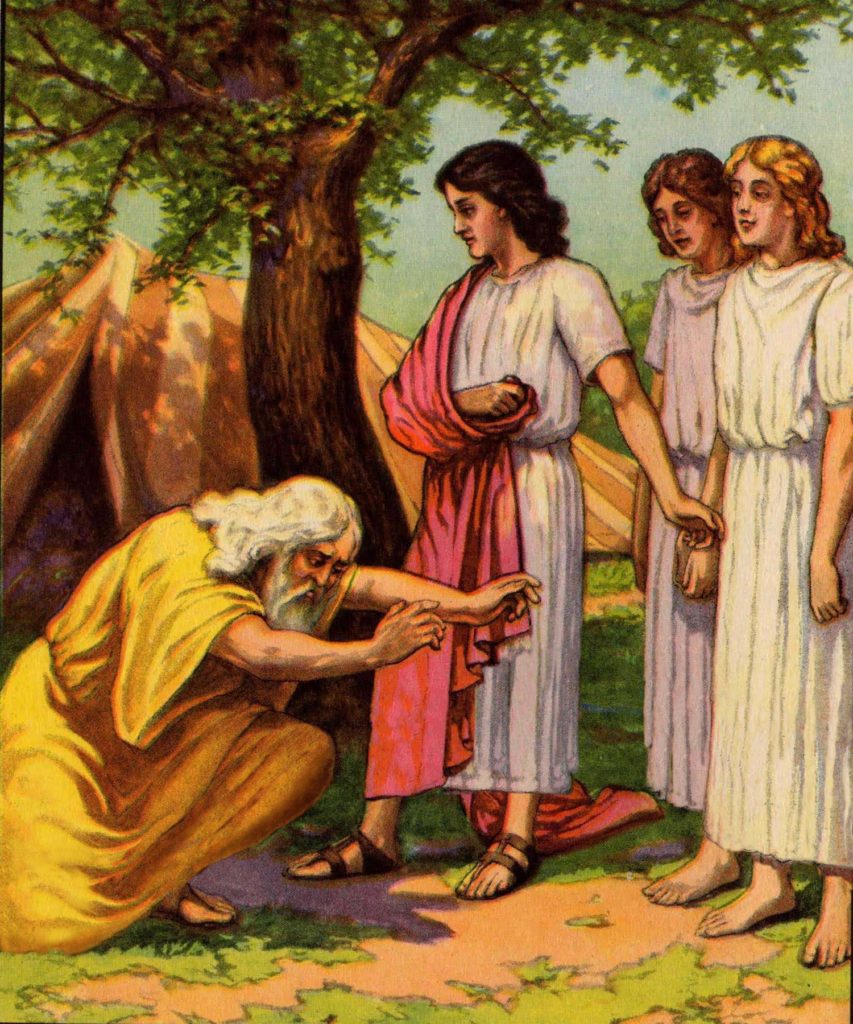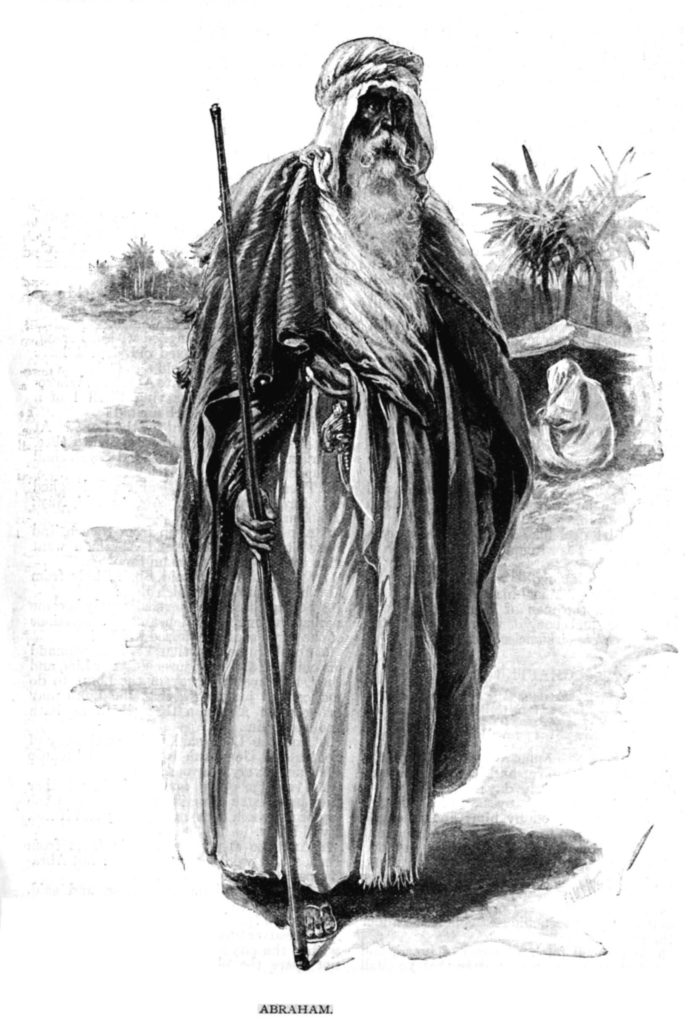
Genesis 25:5, He sent them eastward. Ancient customs and cultures seems strange and foreign to us, even as many of our modern customs would doubtless have seemed strange to the ancients. What was behind Abraham’s banishment of his other sons?
The Bible paints Abraham as a righteous man who was faithful to YHVH’s word including the Torah. He was also a very loving, hospitable and generous man. From this, we can safely say that whatever he did, it wasn’t evil, but was gracious, generous and was for the benefit of all parties involved. It is true that Abraham made some mistakes along the way such as having a son with Hagar. Romans 12:2 teaches us that there is a good, better and best or perfect will of Elohim for each our lives.
Scripture reveals that Abraham wasn’t always in the better or perfect will of Elohim, just like all of us. Taking on extra wives and concubines was not the wisest thing that he could have done judging by the fruits thereof. The Bible in numerous places paints in graphic details the numerous family conflicts that arise when a men took on extra wives and concubines.
Likely to keep peace in his large family, Abraham had to send these concubines and their children away in order to avoid conflict between them. This is what he had to do with Hagar on account of Sarah’s jealously.
Even then, this verse states that the gracious Abraham blessed his other sons generously. It also appears that he sent them away to protect Isaac—the promised seed through whom all YHVH’s covenantal blessings were to come. This, again, was likely to protect the future Israelites from unnecessary conflicts with potentially jealous family members.
As it was, the children of Israel still had on-going conflicts with the descendants of Ishmael, Esau or Edom as well as with Moab and Ammon, who were Lot’s children. To wit, the modern day Arab-Israeli conflict can trace much of its origins back to these ancient family feuds.
What can we learn from these lessons on Abraham’s life? Choose your marriage partner carefully. Resist the hormonal urges and social pressure to spread your seed indiscriminately through casual sexual liaisons or by taking on new marriage partners. The affects of doing so can have deleterious, multi-generational effects long after the momentary pleasure of the sex act have passed. If you’re widowed or divorced, move extremely slowly into new marital relationships with great care, if at all, considering the long term consequences it will have on your family and successive generations.


